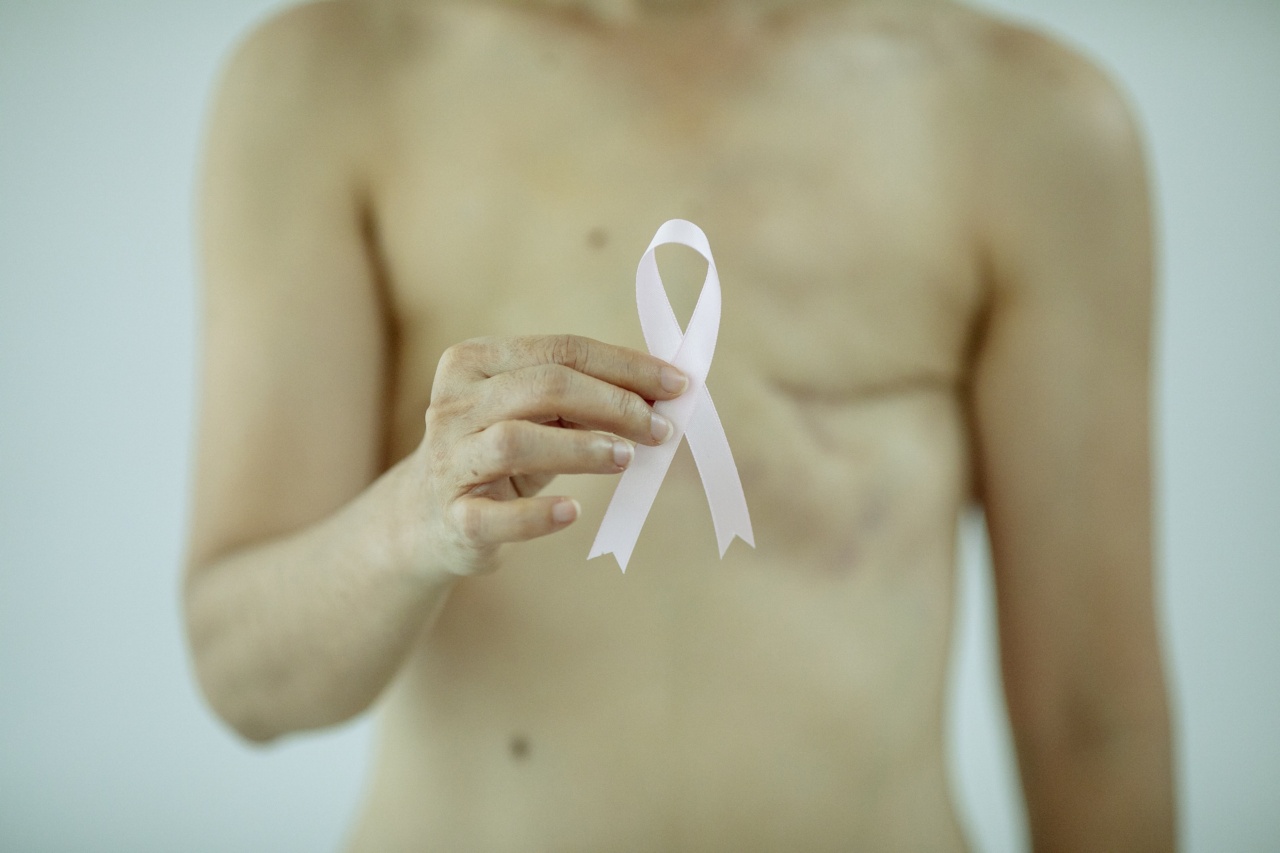Cancer is a life-threatening disease that affects millions of people worldwide.
It’s caused by the abnormal growth of cells in the body that can invade other tissues and organs, causing damage and ultimately leading to a decrease in quality of life. While there is no surefire way to prevent cancer, there are steps you can take to reduce your risk as well as protect your heart and overall health. Here are some ways to double your defense and increase your chances of living a longer, healthier life.
1. Eat a Balanced Diet
One of the most effective ways to protect your body against cancer and improve your overall health is by eating a balanced diet. This means consuming a variety of fruits, vegetables, whole grains, lean protein, and healthy fats.
Eating a diet rich in these foods can help boost your immune system and provide your body with the nutrients it needs to function at its best. Additionally, many of these foods contain antioxidants that can help protect your cells against damage caused by free radicals, which can lead to cancer.
2. Exercise Regularly
Regular exercise is also important for protecting your overall health, including your heart and reducing the risk of cancer.
Exercise helps maintain a healthy weight, improve cardiovascular health, and reduce inflammation in the body, which can lead to a lower risk of developing cancer. Experts recommend at least 30 minutes of moderate-intensity exercise per day, such as brisk walking, cycling, or swimming, to help protect against cancer.
3. Avoid Tobacco and Limit Alcohol Consumption
Smoking and tobacco use are major causes of cancer. If you smoke, quitting is the best thing you can do to protect your health. Avoiding secondhand smoke is also important.
Additionally, limiting alcohol consumption can also reduce your risk of developing cancer, particularly of the mouth, throat, liver, and breast.
4. Get Enough Sleep
Getting enough sleep each night is important for maintaining your overall health, including reducing your risk of developing cancer. Lack of sleep has been linked to an increased risk of breast, colorectal, and prostate cancer.
Experts recommend getting at least 7 to 8 hours of sleep per night for optimal health benefits.
5. Practice Good Sun Protection
Exposure to ultraviolet (UV) rays from the sun can increase your risk of developing skin cancer, so it’s important to practice good sun protection. This includes wearing a broad-brimmed hat, sunglasses, and clothing that covers your skin.
Additionally, using a broad-spectrum sunscreen with an SPF of 30 or higher can help protect your skin against the harmful effects of the sun’s UV rays.
6. Get Regular Screenings
Regular cancer screenings can help detect cancer early when it’s most treatable. Screening tests can detect early signs of cancer or pre-cancerous conditions.
Depending on your age and gender, your doctor may recommend various screening tests such as mammograms, Pap tests, colonoscopies, and prostate exams.
7. Practice Stress Management Techniques
Stress can have a negative impact on your overall health, including increasing your risk of developing cancer. To reduce stress, consider practicing relaxation techniques such as deep breathing, meditation, or yoga.
Additionally, talk to your doctor if you’re experiencing persistent feelings of stress or anxiety, as this can indicate an underlying mental health condition that may require treatment.
8. Maintain a Healthy Weight
Being overweight or obese is a major risk factor for cancer, as it can lead to higher levels of inflammation in the body and increase the risk of developing chronic diseases such as diabetes, heart disease, and cancer.
Maintaining a healthy weight through proper diet and exercise can help reduce this risk, as can avoiding fad diets and extreme weight loss methods that can be harmful to your health.
9. Avoid Exposure to Environmental Toxins
Exposure to environmental toxins such as pesticides, chemicals, and naturally occurring substances such as asbestos can increase your risk of developing cancer. To reduce your risk, take steps to avoid exposure to these substances whenever possible.
This may include using natural household products, wearing protective clothing, and avoiding high-risk work environments.
10. Know Your Family History
Some types of cancer, such as breast, ovarian, and colon cancer, can be inherited. If you have a family history of these types of cancer, talk to your doctor about your risk and what steps you can take to reduce it.
Your doctor may recommend regular screenings or genetic testing to help identify any potential risks and develop a personalized plan to reduce your overall cancer risk.
Conclusion
Cancer is a complex disease with many different risk factors. While there is no surefire way to prevent cancer, taking steps to reduce your risk and protect your overall health can help you live a longer, healthier life.
By eating a balanced diet, exercising regularly, avoiding tobacco and excessive alcohol consumption, getting enough sleep, practicing good sun protection, getting regular screenings, practicing stress management techniques, maintaining a healthy weight, avoiding exposure to environmental toxins, and knowing your family history, you can double your defense and protect your body and heart against cancer.
.































